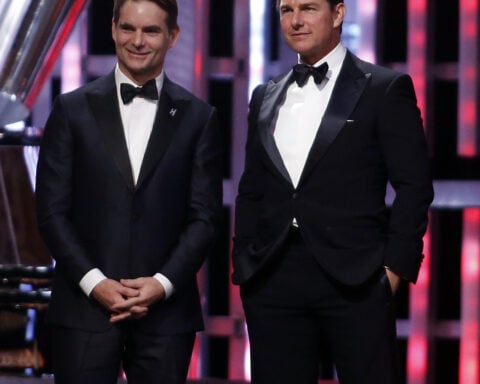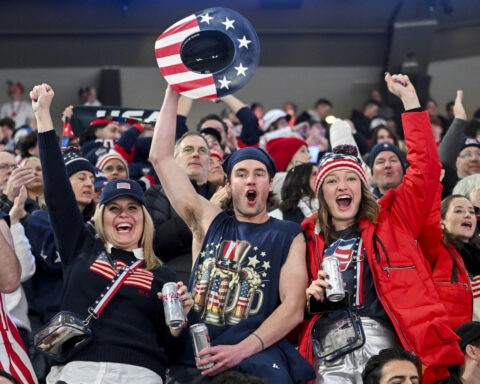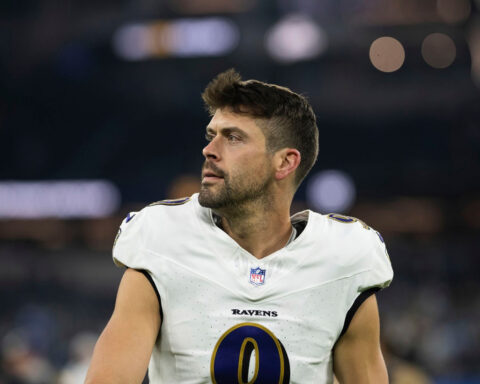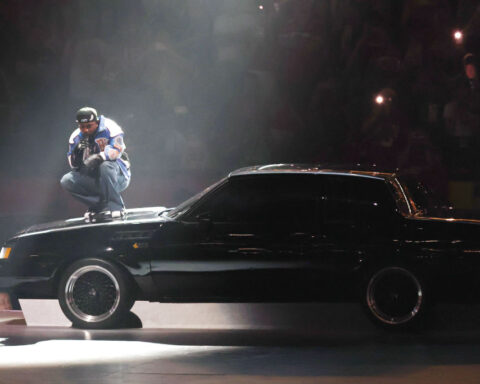California's groundbreaking law allowing college athletes to profit from their name, image, and likeness has stalled, and no state lawmakers are positioned to advance similar legislation in the near future.
The 2019 legislation, which enabled student athletes to secure brand deals worth thousands of dollars from companies like Gatorade and Body Armor, set off a national movement in college athletics. However, recent attempts to expand athlete compensation rights in California have faced setbacks.
Gov. Gavin Newsom, who championed the original 2019 bill, vetoed new athlete compensation legislation last month. "College sports are in a period of transition as many schools are changing athletic conferences, and relevant issues are currently pending in the courts," Newsom said in his veto statement. "As Governor, I want to ensure California's colleges continue to be competitive with other states."
The three legislators who led the charge for athlete rights — Sen. Nancy Skinner, Sen. Steven Bradford, and Assemblymember Chris Holden — will be termed out of the Legislature in December, leaving a leadership vacuum on the issue.
"I'm guessing that there'll be a future legislator, maybe not next year but in a year or two or in a couple years, who will bring this back to the table," said Skinner, referring to her vetoed bill that would have required companies to report payments to student-athletes and universities to disclose these transactions. "This is not going away."
The market for student-athlete brand deals continues to grow. According to Opendorse, a tech platform for name, image, and likeness deals, college athletes across the United States could earn approximately $1.7 billion this school year through such arrangements.
Matt Brown, who publishes a newsletter about college sports business called Extra Points, noted that conservative states have taken the lead in advancing athlete compensation legislation since California's initial law. "This isn't because lawmakers in Missouri and Georgia and Mississippi have a deep, heartfelt conviction about economic justice for college athletes," Brown said. "It's because the head coach says we need to do this so we can get recruits."
Legal challenges are also changing the landscape of college athletics. A federal class-action lawsuit in Northern California could allow athletic departments to share profits with students. Separately, the National Labor Relations Board is considering whether University of Southern California student-athletes should be classified as school employees, granting them compensation and unionization rights.
Recent legislative attempts in California have encountered resistance from various quarters. Holden's bill, which would have required college sports teams to share profits with athletes and establish independent health oversight, was withdrawn after losing support from Sen. Josh Newman, chair of the Senate Education Committee.
Public records show that USA Swimming spent over $10,000 opposing Holden's bill. Stanford University invested significantly in lobbying efforts, paying $21,000 during one reporting period last fall and $72,000 in two other reporting periods last year. The university also spent $72,000 lobbying on Holden's bill and separate legislation addressing college student hazing.
Currently, only a few college athletes benefit from name, image, and likeness deals, primarily those with social media followings or those participating in popular sports like football. The issue of equal compensation remains unresolved, as demonstrated by an ongoing federal lawsuit at the University of Oregon, in which students allege gender-based disparities in these deals violate Title IX.
The movement that began in California has transformed college athletics nationally, but the state's role as a pioneer in athlete compensation rights appears to be diminishing. "Very commonly, a state or states have to act first in order to pave the way for national legislation," Skinner said. She maintained that her vetoed bill would not have created additional school costs.
The shift in California's stance comes as major changes affect the state's college sports landscape. These include the planned move of UCLA and USC to a different athletic conference, which will alter long-standing rivalries and television broadcast agreements.
As the termed-out legislators prepare to leave office in December, none could identify specific successors ready to champion similar legislation. The future of expanded athlete rights in California remains uncertain as the state steps back from its previous leadership role in college sports reform.

 Bregman's $120 million, 3-year deal with Red Sox includes $60 million deferred, paid from 2035-46
Bregman's $120 million, 3-year deal with Red Sox includes $60 million deferred, paid from 2035-46
 Police arrest apparent leader of cultlike 'Zizian' group linked to multiple killings in the US
Police arrest apparent leader of cultlike 'Zizian' group linked to multiple killings in the US
 Four senior aides to New York mayor Adams to resign, media report
Four senior aides to New York mayor Adams to resign, media report
 UK PM Starmer says U.S. must provide security guarantee for Ukraine to deter Russia
UK PM Starmer says U.S. must provide security guarantee for Ukraine to deter Russia
 Airbus to delay A350 freighter amid supply problems, sources say
Airbus to delay A350 freighter amid supply problems, sources say
 Congo rebels promise security in Bukavu after looting
Congo rebels promise security in Bukavu after looting
 What is a polar vortex? US gets a taste of the Arctic this week
What is a polar vortex? US gets a taste of the Arctic this week
 Mark Ruffalo wants you to remember that ‘every petty dictator…they always lose’ in the end
Mark Ruffalo wants you to remember that ‘every petty dictator…they always lose’ in the end
 Mexican musical legend Paquita la del Barrio dies at 77
Mexican musical legend Paquita la del Barrio dies at 77
 California's law allowing college athletes to profit from their name and image has stalled, and no state lawmakers will advance similar legislation.
California's law allowing college athletes to profit from their name and image has stalled, and no state lawmakers will advance similar legislation.







